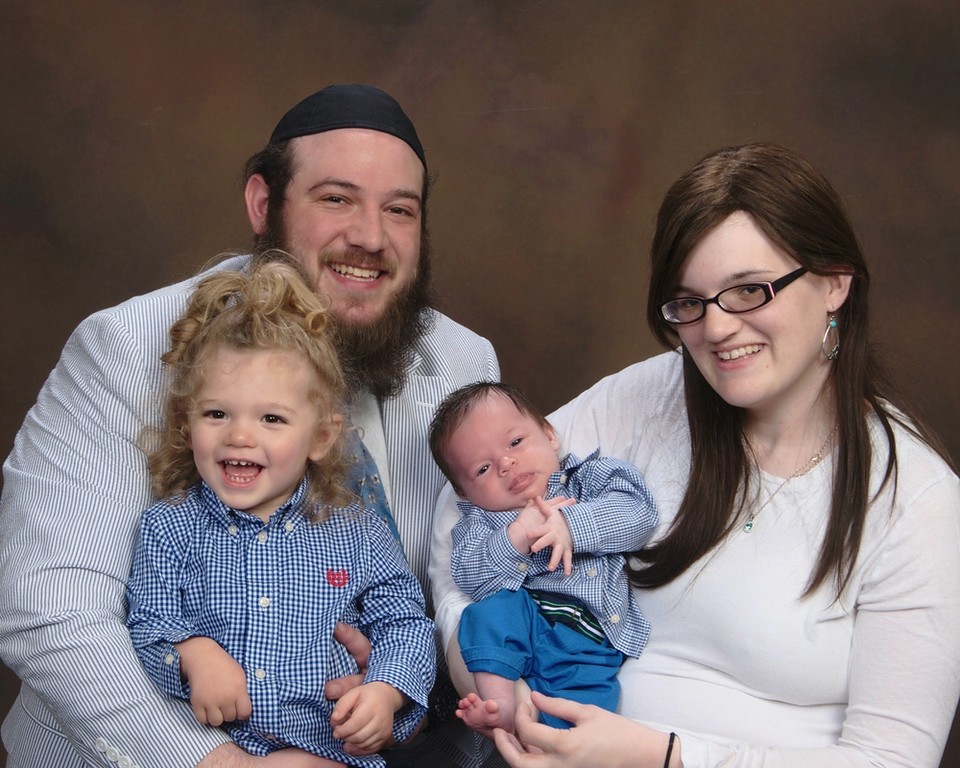Path of teshuva: Off and on the Orthodox path
Rosh Hashanah, Yom Kippur, and the days in between them mark the season of “teshuva”—which in Hebrew literally means “to return,” but in the context of the High Holidays refers to repentance. A unique case of those seeking to return and repent, or “do teshuva,” are Jews who become less observant but later decide to return to their roots.
Last year’s much-debated Pew Research Center survey of U.S. Jews found that 52 percent of Jews raised Orthodox no longer consider themselves to be so. That figure stands at 64 and 45 percent in the Conservative and Reform movements, respectively.
While a gloom-and-doom picture of rising assimilation seemed to be most observers’ takeaway from the Pew study, the journey of Jews who actually return to an observant lifestyle after initially leaving it behind is a more common storyline than one might think.
Rabbi Yaakov Menken, an early pioneer in the field of Internet-based Orthodox Jewish outreach and the founder of Project Genesis, said there is “usually some cause” for someone Orthodox to choose a different lifestyle, but that “usually it has little to do with religion and a lot to do with religious people—or should I say, people who identify as religious.”
Josh, who asked that his full name not be used because it might embarrass his parents, was raised in a haredi home. He said he found his Atlanta Jewish community “stifling.” Although his parents and rabbis went to great lengths to keep Josh away from outside influences, by 13 he already started “checking out” and by 18 he was “off the derech (path),” or no longer Orthodox.
“Judaism then was all this external stuff that didn’t speak to me, like the way people dress. … There was a major focus on learning Torah, but without … spirituality,” said Josh. “It was just routine, a very dull, dead-ended life.”
Menken said cases like Josh’s are not too uncommon in the 21st century. The causes for leaving observance can range from the most awful—abuse—to overly critical teachers or misguided community members or mentors who focus on a superficial Judaism, he said.

 61.0°,
Mostly Cloudy
61.0°,
Mostly Cloudy 




